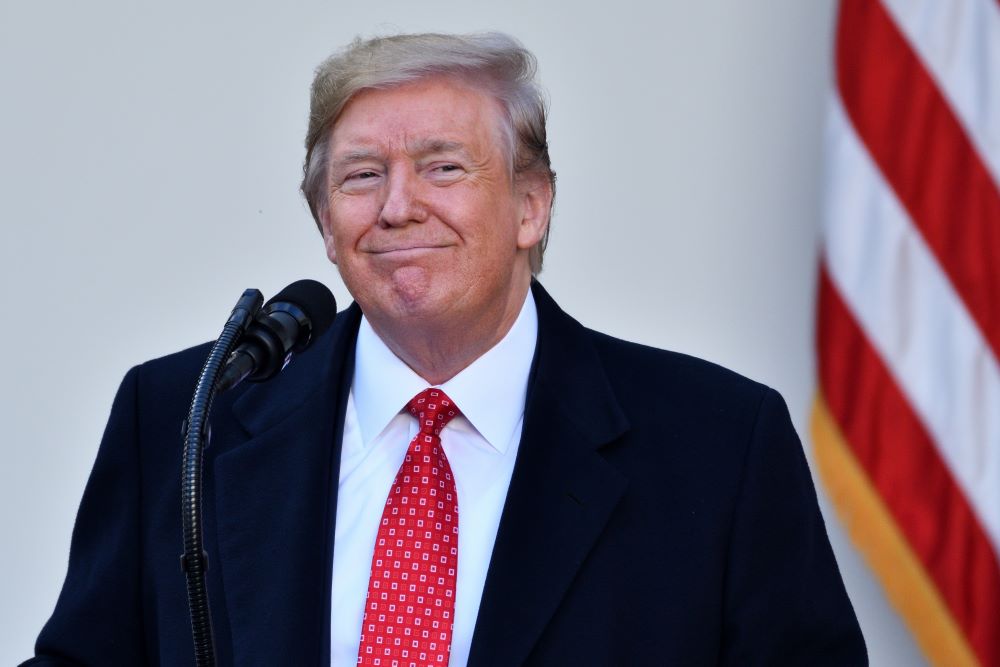The recent assassination attempt on former President Donald Trump at a campaign rally in Butler, Pennsylvania, has sent shockwaves through the American political landscape and raised serious questions about security protocols for high-profile political figures.
This incident, which occurred on July 13, 2024, has not only highlighted the vulnerabilities in protecting political candidates but also sparked a national conversation about political violence and its impact on democracy.
The Incident
At approximately 6:12 p.m. ET, shots rang out at Trump’s rally, where he was addressing thousands of supporters. The alleged shooter, identified as 20-year-old Thomas Matthew Crooks, fired multiple rounds from a rooftop near the event venue using an AR-15-style rifle.
Trump suffered a minor injury to his right ear, while one attendee, 50-year-old volunteer firefighter Corey Comperatore, was tragically killed.
Two other rallygoers were wounded and are currently in stable condition. Secret Service agents swiftly responded, surrounding Trump and evacuating him from the stage. The gunman was neutralized by a Secret Service counter-sniper team within 26 seconds of the first shot being fired.
Security Concerns and Investigation
The incident has raised significant questions about the security measures in place at the rally. According to law enforcement officials, Secret Service snipers had spotted Crooks on the roof of a building outside the security zone at 5:52 p.m. ET, a full 20 minutes before the shooting occurred.
This revelation has led to intense scrutiny of the Secret Service’s response and overall security protocols. The FBI is leading the investigation, with support from the Secret Service and local law enforcement agencies. Investigators have executed a search warrant at Crooks’ home in Bethel Park, Pennsylvania, and are combing through his social media footprint and digital devices for clues about his motives.
Shooter’s Background
Thomas Matthew Crooks, the alleged shooter, has a complex background that investigators are still unraveling. Former classmates described him as intelligent but socially isolated, with a small circle of friends.
Investigators have found that Crooks conducted online searches for images of both Trump and President Joe Biden, as well as information about the Republican and Democratic National Conventions. This has complicated efforts to establish a clear political motive for the attack.
Political Reactions and Implications
The assassination attempt has elicited strong reactions from across the political spectrum. President Joe Biden condemned the attack, stating, “There’s no place in America for this type of violence. It’s sick. It’s sick.”
Former Presidents George W. Bush and Barack Obama also expressed their shock and relief at Trump’s survival, emphasizing the importance of civility and respect in politics. The incident has led to calls for increased security measures for political candidates and a reevaluation of how campaign events are conducted. House Speaker Mike Johnson and other lawmakers have promised hearings and a comprehensive investigation into the attack.
Impact on the 2024 Election
The assassination attempt has undoubtedly altered the trajectory of the 2024 presidential race. When asked about the potential impact on the election, President Biden acknowledged the uncertainty, stating, “I don’t know. And you don’t know either.” The incident has brought national security and the protection of political figures to the forefront of public discourse.
Security Protocol Review
In response to the incident, Homeland Security Secretary Alejandro Mayorkas announced an independent review of the Secret Service’s security protocols. The agency’s director, Kimberly Cheatle, is scheduled to testify before the House Oversight Committee on July 22, 2024, to address the security concerns raised by the incident.
Broader Implications
This assassination attempt serves as a stark reminder of the persistent threat of political violence in the United States. It has reignited debates about gun control, the security of public figures, and the tone of political discourse in the country.
The incident has also highlighted the challenges faced by law enforcement in balancing security needs with the openness required for democratic processes. As the investigation continues and more details emerge, it is likely that this event will lead to significant changes in how political campaigns and public events are secured in the future.
Conclusion
The assassination attempt on Donald Trump marks a somber moment in American political history. As the nation grapples with the implications of this event, it serves as a call to action for improved security measures, a reevaluation of political rhetoric, and a renewed commitment to protecting the democratic process.
The coming weeks and months will be crucial in determining how the country moves forward from this shocking incident, with the hope that it will lead to positive changes that strengthen the foundations of American democracy.
